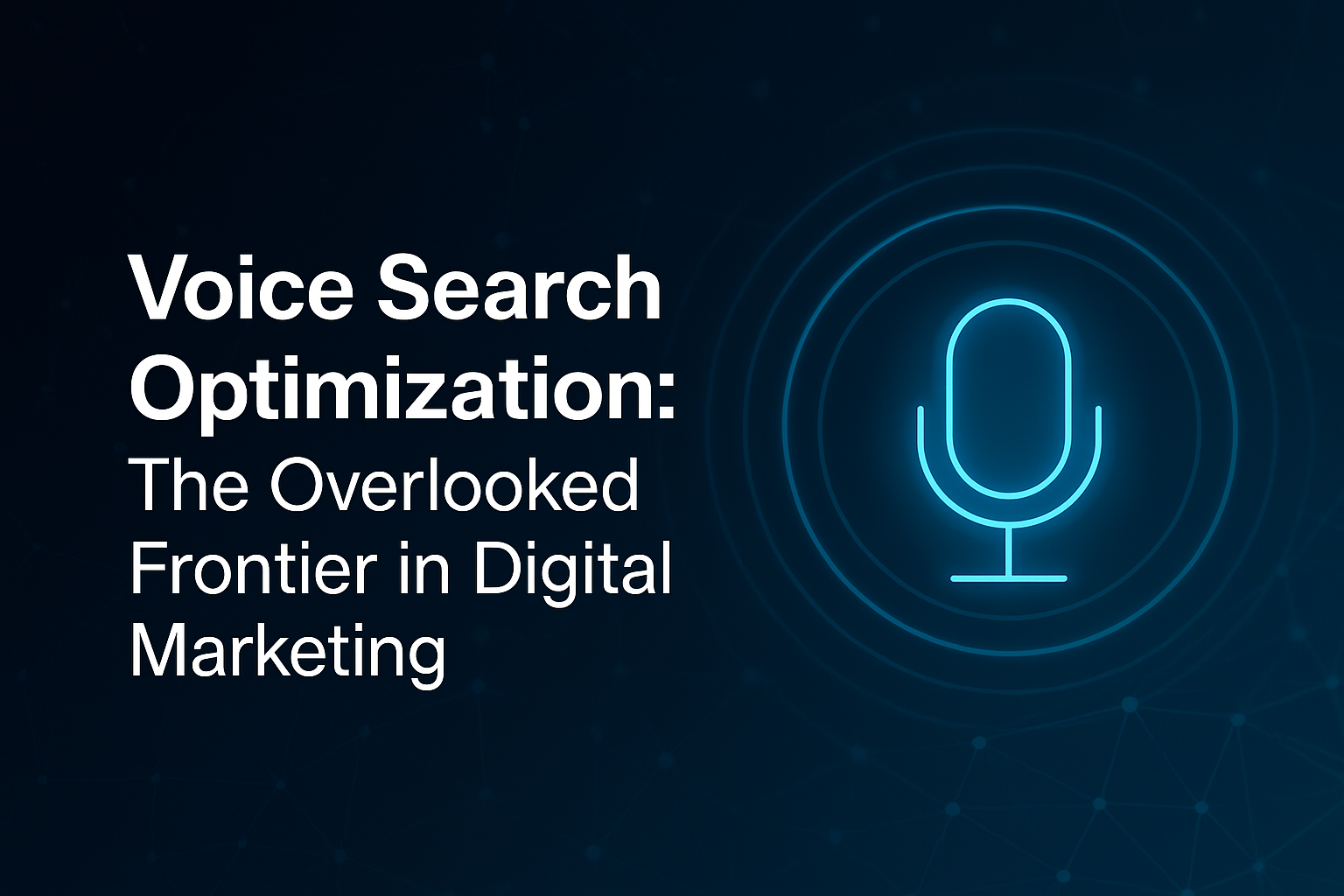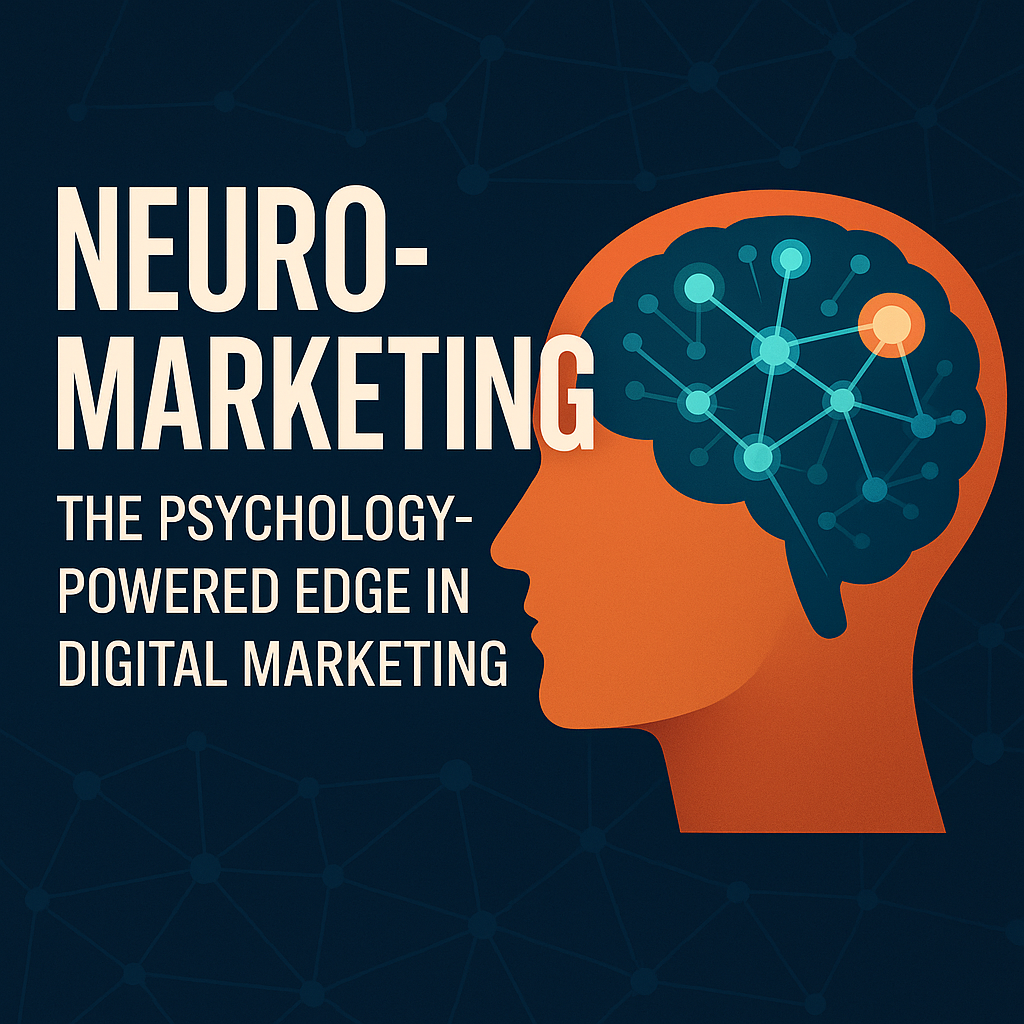
In today’s hyper-connected world, digital marketing has become the cornerstone of modern business success. As technology advances and consumer behaviour evolves, companies must adapt their strategies to stay relevant, competitive, and visible. Digital marketing offers businesses, regardless of size or industry, the tools and opportunities to connect with audiences in ways that traditional marketing never could.
What is Digital Marketing?
Digital marketing encompasses all marketing efforts that use the internet or electronic devices. Businesses leverage digital channels such as search engines, social media platforms, email, and websites to engage with current and prospective customers. Unlike traditional marketing, which often targets a broad and undefined audience, digital marketing allows for highly targeted campaigns, real-time interaction, and measurable results.
Key Components of Digital Marketing
1. Search Engine Optimisation (SEO)
SEO is the process of optimising a website to rank higher in search engine results. By using targeted keywords, improving site structure, and creating valuable content, businesses can increase their visibility and attract organic traffic.
2. Content Marketing
Content marketing focuses on creating and distributing valuable, relevant content to attract and retain a clearly defined audience. This could include blog posts, articles, videos, infographics, and podcasts, all aimed at building trust and driving profitable customer action.
3. Social Media Marketing
Platforms like Facebook, Instagram, LinkedIn, and X (formerly Twitter) allow businesses to engage directly with their audience. Through paid ads and organic posts, brands can enhance their presence, foster community, and drive traffic to their websites.
4. Email Marketing
Email remains one of the most effective digital marketing strategies. Personalised, targeted email campaigns can nurture leads, enhance customer loyalty, and promote products or services with a high return on investment.
5. Pay-Per-Click Advertising (PPC)
PPC campaigns allow businesses to display ads on search engines or social media platforms and pay only when a user clicks the ad. It’s a powerful way to drive immediate traffic and boost brand visibility.
6. Affiliate and Influencer Marketing
Partnering with influencers or affiliate marketers can help brands tap into established audiences. These partnerships can build credibility quickly and lead to increased sales and brand awareness.
Why Digital Marketing Matters

- Global Reach: Digital platforms allow businesses to reach customers across the globe without the limitations of geographical boundaries.
- Cost-Effectiveness: Compared to traditional marketing, digital marketing often requires a lower budget while delivering a higher ROI.
- Measurable Results: Advanced analytics tools enable marketers to track every click, impression, and conversion, allowing for data-driven decision-making.
- Personalisation: Digital marketing allows brands to tailor messages based on user behaviour, demographics, and interests, creating more meaningful connections.
Future Trends in Digital Marketing
As digital marketing evolves, several trends are shaping the future landscape:
- Artificial Intelligence (AI): AI is revolutionising customer service, personalisation, and campaign optimisation.
- Voice Search: With the rise of smart devices, optimising for voice search is becoming increasingly important.
- Video Content: Short-form and live video content continues to dominate consumer engagement.
- Sustainability and Ethics: Brands that demonstrate social responsibility and ethical marketing practices are winning customer trust.
Conclusion
Digital marketing is no longer just an option—it is a necessity. As technology continues to develop and consumer expectations shift, businesses that embrace and innovate within the digital space will thrive. Whether you are a start-up or an established enterprise, a strategic and dynamic digital marketing approach can drive sustainable growth and long-term success.


